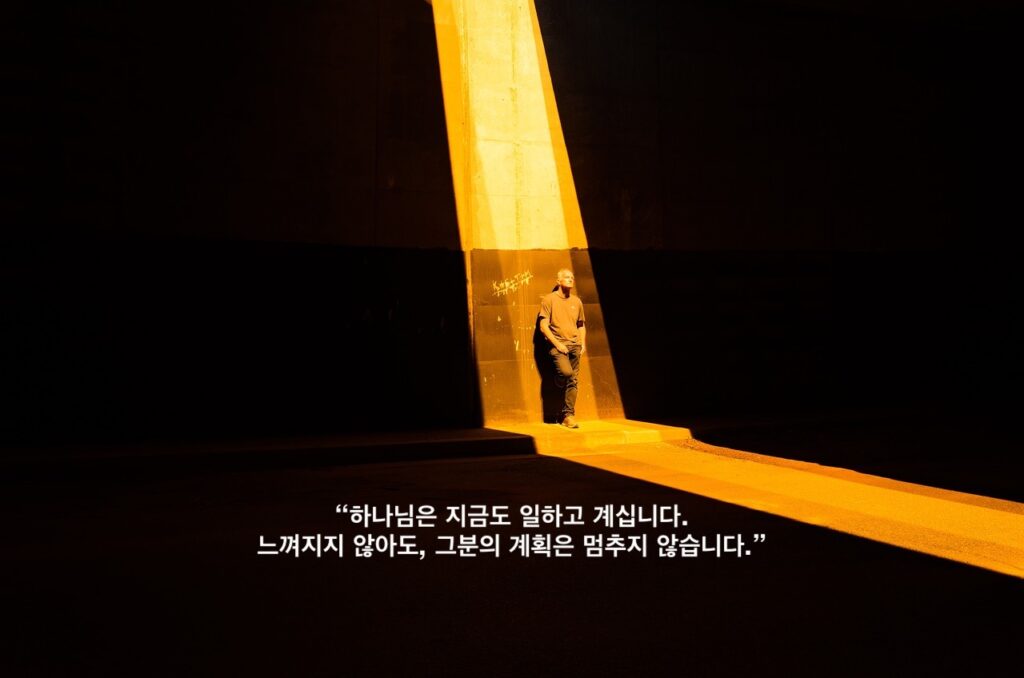“Trust God.”
It is one of the most frequently heard phrases in faith, yet when asked what it truly means to “trust,” many become vague. People pray, attend worship, listen to the Word—but still feel anxious. Why is that? Because although they confess trust in God with their lips, deep inside they still hold on to the areas they want to control.
Trust is not simply the concept of believing. It includes putting that belief into action by entrusting. It is the attitude of surrendering everything to Him even in situations we do not understand and outcomes that are not guaranteed. This is the true trust spoken of in the Bible.
When God commanded Abraham to offer Isaac, no explanation was given. Abraham might have wanted to ask why, but God did not answer, and he simply obeyed. Hebrews 11 calls this “faith,” but it was not mere conviction; it was a decisive trust expressed through action. Trust is not a reaction that comes after understanding.
Many say, “God, I will follow if you explain.” But God often does not explain. Trust is not following because God explains, but because we believe He is good. It is waiting for His will to be revealed in our lives without demanding explanation. That is trust.
Trust is not a mere concept in the heart but a concrete attitude of life.
It involves the practical choice to surrender plans we wanted to control to God and place the future we tried to govern into His hands. Many confess trust with their mouths, but in life, they do not let go of their own ways and calculations. As a result, even prayer becomes a request for God’s approval of their plans, not a confession of following His will.
David had two chances to kill Saul but did not take them. What he trusted was not his own cause but God’s timing. Trust is restraint not to act even when able, patience to wait without pre-making results, and the decision to lay down plans and follow God’s will.
Trust is not a tool to change outcomes.
Trust is the ability to maintain peace even if outcomes do not change. The prophet Habakkuk, despite confessing that there is no fig tree fruit or cattle in the stalls, said, “Yet I will rejoice in the Lord.” That is trust. The belief that God is good regardless of results, the assurance that God knows even when I do not, and that God guides even when I cannot see—this is true trust.
Faith is not built on calculations based on results but on the decision to trust God. Therefore, true trust is not an emotion but a decision, and that decision must manifest in action.
To say “I trust God” ultimately begins with humility: “I do not know, but God knows.”
It is letting go of control, believing there is a higher purpose than my own thoughts, and walking in the Lord’s hand. Trust is never passive. It is active faith that surrenders all anxieties and predictions under God’s sovereignty.
God does not forsake those who trust Him. He will surely reveal His will and prove His goodness to those who believe and follow Him. Therefore, the only true confession we can make in our daily lives is: “Lord, I do not know, but I trust You.”
Maeil Scripture Journal | Today’s World, A View Through the Word




